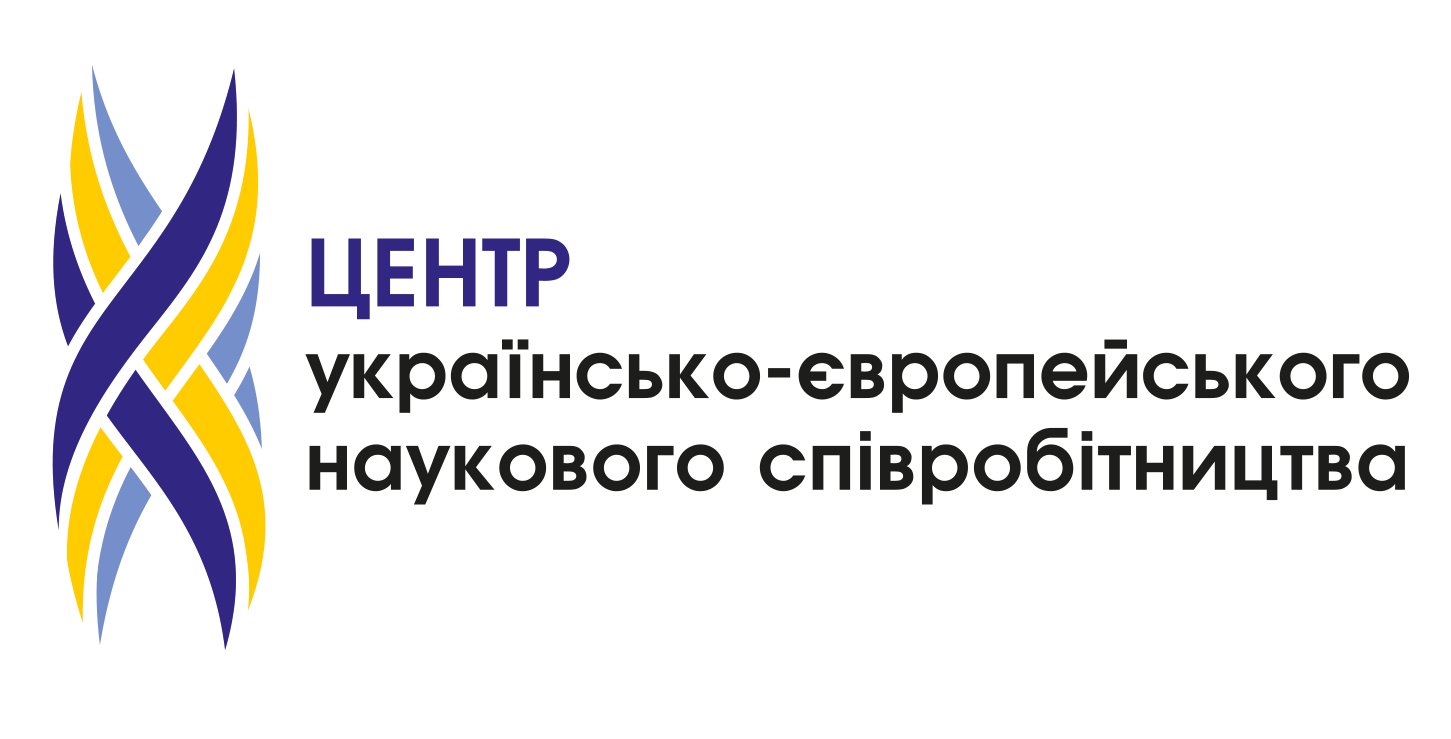 A. Yu. Krymskyi Institute of Oriental Studies
A. Yu. Krymskyi Institute of Oriental Studies
Publishing “ASIATICA”
Center for Ukrainian and European Scientific Cooperation
ХVII A. KRYMSKYI MEMORIAL CONFERENCE
ON ORIENTAL STUDIES
June 27, 2024
CONFERENCE SECTIONS:
History and Cultures of Eastern Countries; Ancient Near East;
Religions and Philosophical Doctrines of the Peoples of the East; Asian and Middle Eastern Languages and Literatures;
Nomads of the Great Steppe;
History and Culture of the Crimea and the Black Sea Region in the Middle Ages and the Modern Period;
Jewish Literary Monuments;
History of the Eastern European Jews;
Political, Economic, and Socio-Cultural Development of Eastern Countries in the Modern Age;
History and Cultures of Indigenous Peoples, Ethno-Confessional Minorities of Eastern Descent Living in Ukraine;
Oriental Artіfacts in Ukraine; History of Oriental Studies.
Languages: Ukrainian, English.
The presentation must be no longer than 15 minutes.
The conference will be held in a mixed format.
Applications are accepted until June 3, 2024 (inclusively).
To apply, please:
- fill in a registration form (in English) at the link.
- send your presentation abstract to chytkrymskogo@gmail.com
Abstracts are submitted in electronic form (MS Word). Please note that the number of co-authors per paper is restricted to two.
The Organizing Committee reserves the right to reject applications that violate academic integrity conditions and the rules of scientific ethics, do not meet the participation requirements, or are received after June 3, 2024.
Applicants will be notified of the selection results by email no later than June 10, 2024.
Participation is free of charge.
According to the conference outcome, participants who deliver their reports in person and take part in a particular section will receive an electronic collection of conference proceedings and a certificate of participation.
The collection of conference proceedings will be posted on the open platform of the Ukrainian-Polish publishing house “Liha- Pres” included in the SENSE publisher rating at the link.
ABSTRACTS FORMATTING GUIDELINES:
The abstract text should run between 350 – 700 words (including the list of references); *.rtf extension; font – Times New Roman; size – 14; 1.5 line spacing.
The abstract text should be formatted in such a manner: Indicate the name of the panel in accordance with the topic of your presentation; full name(s) of the author(s); ORCID; academic degree and/or title (if any); position; affiliation (specify the official name of your institution); city, state; title of the presentation; keywords; text of your presentation abstract.
Pages should not be paginated.
The electronic file should be named in English in accordance with the surname and initials of the conference participant (for example, Johnson_B._abstract).
The sources used should be listed at the end of the abstract text under the title “References:”. References to the sources used should be indicated by the ordinal number, separated by two square brackets, according to the list of sources, with an indication of the page number (if needed). For example: [1, p. 89].
Please note that the Organizing Committee conducts its work in accordance with the recommendations of the Ethics Committee of the National Agency for Higher Education Quality Assurance aiming to stop or restrict the usage of information sources originating from the Russian Federation (the aggressor state) in scientific publications: https://naqa.gov.ua/2023/12/рекомендації-комітету-з- питань-етики/
AN EXAMPLE OF THE ABSTRACT FORMATTING:
History and culture of the Near and Middle East
UDC 141.1
Johnson B.
ORCID: 0000-0000-0000-0000
Associate Professor of the Department
of South Asian Languages & Civilizations
The University of Chicago
EPISTEMOLOGY IN SOUTH ASIAN
PHILOSOPHY OF RELIGIONS
Key words: Buddhism, epistemology, dharma, Brahmins.
In logically distinct ways, Purva Mimamsa and Candrakirti’s Madhyamaka opposed the influential Buddhist school of thought that emphasized the foundational character of perception [1, с. 89].
Bibliography:
- Abramov V., Tonkoshkur M. V. (2010) Istoriia turyzmu. Kharkiv: KhNAMH. 294 p.
- Tsyhankova H. (2007) Skhodoznavchi ustanovy v Ukraini (radianskyi period). Kyiv: Krytyka. 292 p.
Organizing committee of the “ХХVII A. Krymskyi Memorial Conference on Oriental Studies”
A.Yu. Krymskyi Institute of Oriental Studies of NASU
01001, Kyiv, 4 Mykhaila Hrushevskoho St, office 205
e-mail: chytkrymskogo@gmail.com
web: https://oriental-studies.org.ua
т.: +38 068 824 75 98









